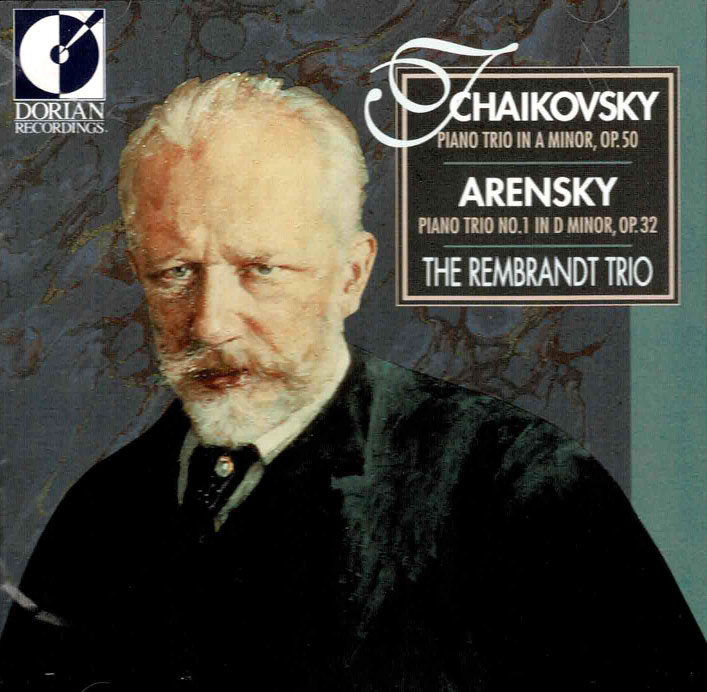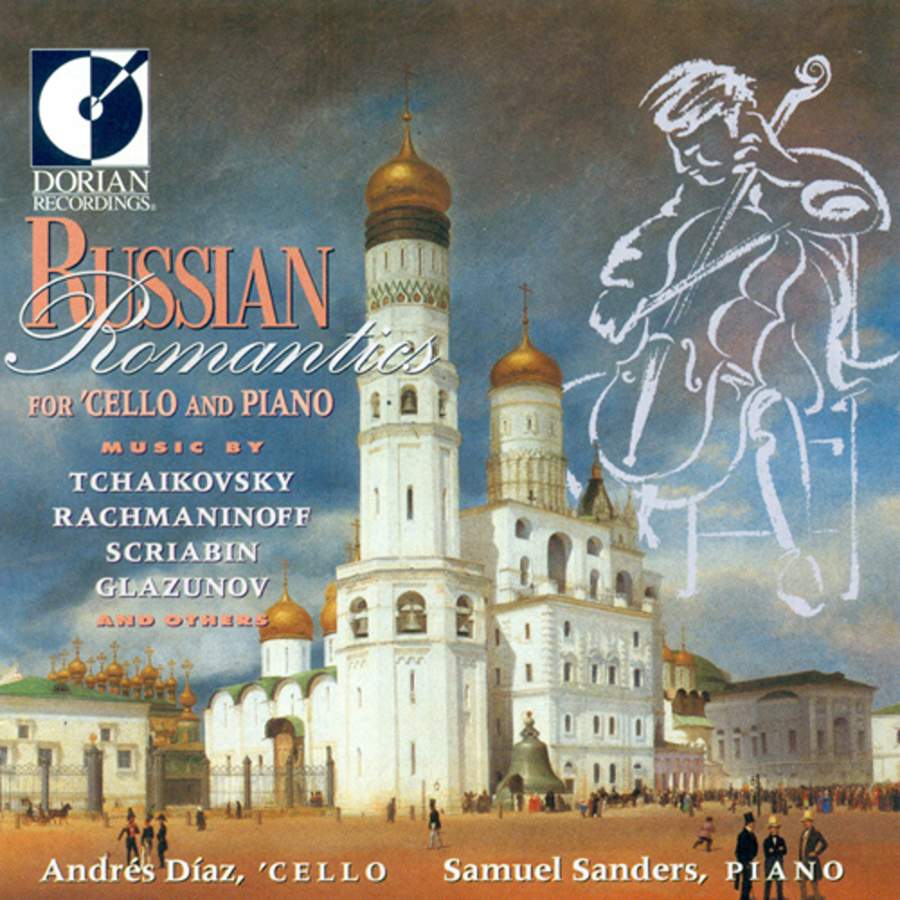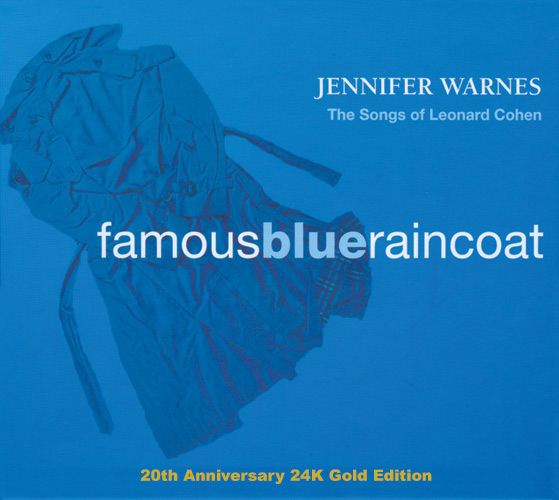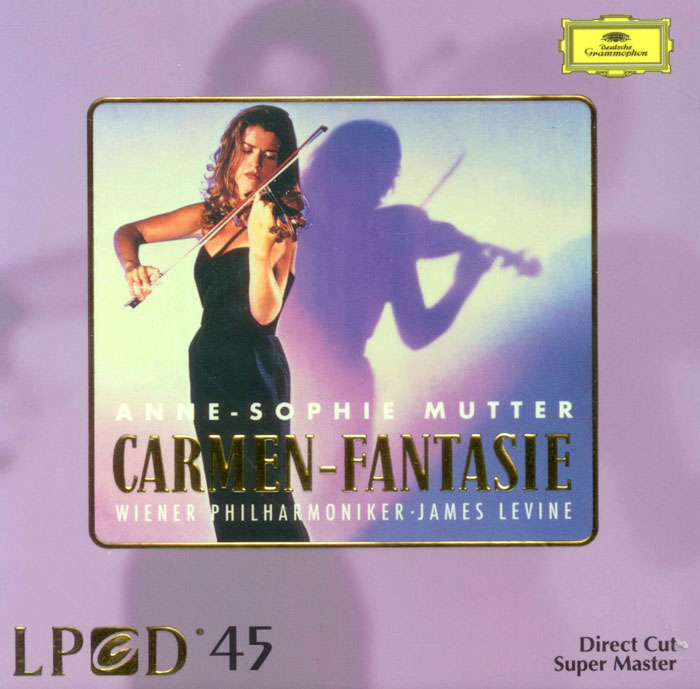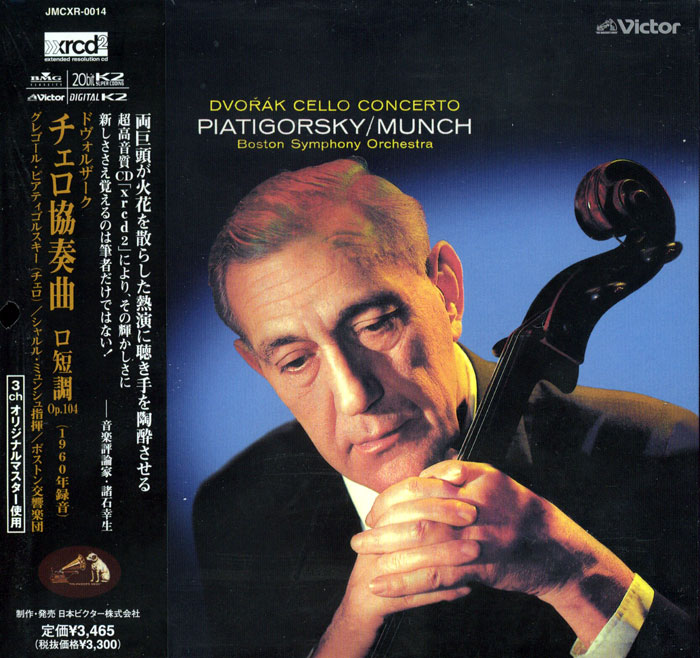Logowanie
OSTATNI taki wybór na świecie
Nancy Wilson, Peggy Lee, Bobby Darin, Julie London, Dinah Washington, Ella Fitzgerald, Lou Rawls
Diamond Voices of the Fifties - vol. 2
Tylko 1000 egzemplarzy!!!
DVORAK, BEETHOVEN, Boris Koutzen, Royal Classic Symphonica
Symfonie nr. 9 / Wellingtons Sieg Op.91
nowa seria: Nature and Music - nagranie w pełni analogowe
Petra Rosa, Eddie C.
Celebrating the art and spirit of music - vol. 3 - Pure
warm sophisticated voice...
Peggy Lee, Doris Day, Julie London, Dinah Shore, Dakota Station
Diamond Voices of the fifthies
Tylko 1000 egzemplarzy!!!
SAMPLER - STS DIGITAL, Buddy Tate, Milt Buckner, Walace Bishop
Jazz Masters - Legendary Jazz Recordings - v. 1
proszę pokazać mi drugą taką płytę na świecie!
Chesky! Niezmiennie perfekcyjny
Winylowy niezbędnik
ClearAudio
Double Matrix Professional - Sonic
najbardziej inteligentna i skuteczna pralka do płyt winylowych wszelkiego typu - całkowicie automatyczna
TCHAIKOVSKY, ARENSKY, The Rembrandt Trio
Piano Trios
- The Rembrandt Trio
- TCHAIKOVSKY
- ARENSKY
Late nineteenth century Russian music was dominated by the opera and ballet in the "public" realm and by songs, especially the romance, in the "private" musical world of both the salon and the humbler parlor. The preëminence of lyrical-based forms meant that the more abstract realm of chamber music was there less actively cultivated than in the rest of Europe. Although Tchaikovsky was not the first Russian composer of chamber music, he made a significant contribution to the genre with his three string quartets and the Souvenir de Florence string sextet. Anton Stepanovich Arensky (1861-1906) has been called the "spiritual son" of Tchaikovsky, although his composition studies were pursued with Rimsky-Korsakov in St. Petersburg. Nonetheless, his association with Tchaikovsky in Moscow (Arensky joined the faculty of the Conservatory there as professor of harmony and counterpoint in 1882 and remained for twelve years) brought him deeply under the influence of the elder composer. Arensky's own passive nature and dissolute lifestyle (he was apparently both a drinker and a gambler from his early years) diluted his undoubted creative gifts into those of a 'minor' composer. Dennis D. Rooney © 1990





























